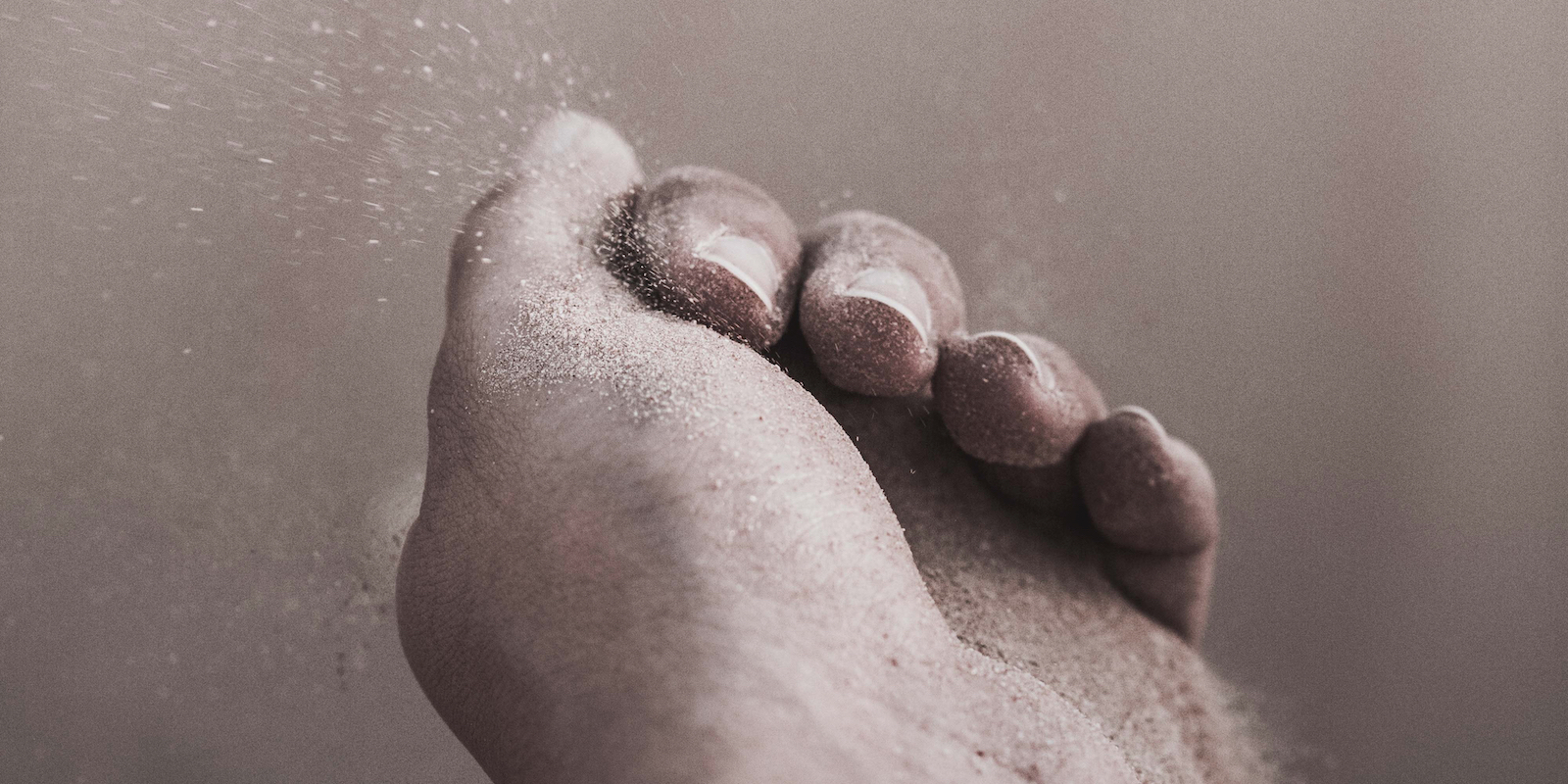If you often wake up with morning anxiety, you are not alone. Anxiety levels have reached epidemic proportions in our fast-paced world. It is estimated that globally, 284 million people experienced an anxiety disorder in 2017, making anxiety the most prevalent mental health disorder that exists — and that estimate does not even include all the unreported people who suffer from anxiety, or the people who do not relate to having a full-blown disorder but still struggle with it.
Morning anxiety can be caused by various reasons. Naturally, our level of cortisol, the stress hormone, is at its highest in the morning because it is being released when it is time to wake up. If you’re chronically stressed, that cortisol level is even higher than average. Caffeine and sugary breakfast might also be the reason for anxious feelings in the morning.
Beyond medication prescriptions and deep breath recommendations, many people are hard pressed to find help that actually helps and often spend day after day suffering in silence.
Read more: Judson Brewer explains the difference between stress and anxiety.
How To Get Rid Of Morning Anxiety
Rather than load you up with a bunch of tips, techniques and tools (my usual style) for dealing with morning anxiety, I’d like you to instead consider the following two scenarios. I will be using a parent/child relationship in these examples. (If you don’t relate to kids, you can substitute your dearest friend or family member.)
As you read these scenarios, I ask you to ponder the following questions:
- Which scene reminds you of how you usually speak to or treat yourself?
- What thoughts or feelings come up as you read each example?
- Which scenario would you choose, for yourself or for others?
Read more: Learn about anxiety and stress dreams that often wake people at night.
Scenario One
You have a child that struggles with morning anxiety. She often wakes up feeling scared and her mind spins with all the worst-case scenarios of the day ahead.
This morning, she climbs into bed with you and tells you that she feels like she has a rock in her chest and butterflies in her tummy. You tell her even more scary things that could happen as you lie next to her and you agree with her that really horrible things could happen.
You tell her to focus on her body and watch as the sensations get even bigger. You tell her it’s hopeless and that she will likely never feel any better. She starts to panic, and you tell her even more scary things that could happen to her and how nobody really understands her.
At some point, you grab your phone or gadget and mindlessly surf the internet for a few hours. Then finally, you tell her she needs to just get it together. You drag her into the shower and give her a cup of coffee and a donut before sending her off to school.
Read more: In another article, Andrea Wachter shares eight personal tips to overcome depression.
Scenario Two
You have a child that struggles with morning anxiety. He often wakes up feeling scared and his mind spins with all the worst-case scenarios of the day ahead.
This morning, he climbs into bed with you and tells you that he feels like he has a rock in his chest and butterflies in his tummy. You wrap your arms around him and tell him that the scary thoughts in his mind are all made-up stories and that not one of those things are actually happening right now. You point out all that is real and true in the moment, like the fact that he is safe right now.
You have him focus on the blanket as you wrap him up even tighter and cozier. You have him focus on the pillow beneath his head and ask him if he can relax his head into the support of the pillow as he focuses on his breathing.
You have him tell you several things that he can see with his eyes, hear with his ears and feel with his hands and feet. (Read more: Learn how the 54321 grounding technique helps to cope with anxiety and anchor in the present moment.)
You remind him of so many times in the past when he was scared about things and they either never happened or he got through them and can barely even remember them now. You open up your very favorite meditation app and you pick a meditation that you are drawn to in that moment. You play it and ask him to listen to it no matter how anxious he feels.
If you don’t have a meditation app, just pick one of these staff picked guided meditation by the author Andrea Wachter herself:
- Soothing Anxiety Andrea Wachter 11:54
- Decrease Anxiety & Increase Peace Andrea Wachter 18:45
- Ocean Surrender Andrea Wachter 9:23
Read more: Discover if morning hour is the best time to meditate and what routine could work best for you.
You bring him fresh water and warm tea, and even though he tells you he has no appetite, you make him a delicious, nutritious breakfast and ask him to eat as much of it as he can.
You play his favorite music. You take him outside for fresh air and some movement on the way to school and you remind him that hard moments pass and that he can and will get through this.
You teach him that we are all born different breeds or personalities and that some of us have to work a bit harder to quiet our minds but there are positive qualities to being the breed he was born, even if he can’t feel or know them right now. You tell him you love him, and you remind him that he is very lovable.
So, which scenario do you choose for yourself?
Read more: Learn which and how components of a healthy morning routine can alleviate morning anxiety.
Discover our free library of meditation for anxiety and find the guided practice that’s best for you.
If you suspect to have an anxiety disorder, we recommend seeking professional help from a mental health specialist.







